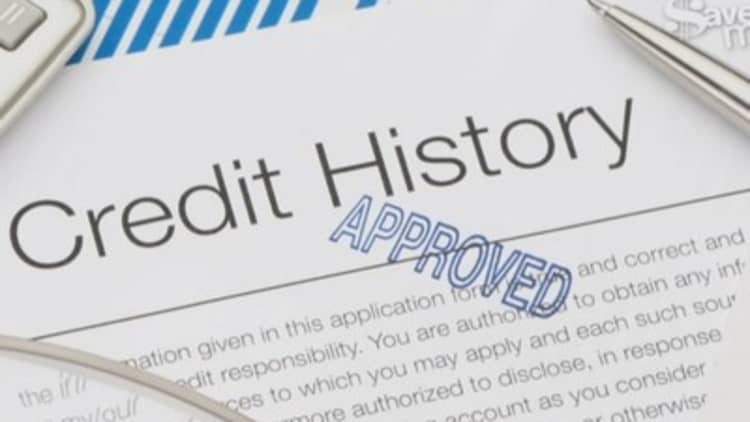
Slow but steady wins the race when it comes to improving your credit score. But if you need a boost—fast—there are still some tricks you can employ.
Better scores are on the horizon for some borrowers. FICO, the scoring models most financial institutions use to assess creditworthiness, will undergo revisions as early as this fall that could help many people get better rates on credit cards, mortgages and other loans. Scores, which range from 300 to 850 (the higher the better), are based on information about your credit use and history from the three major bureaus, Equifax, Experian and TransUnion.
The new version of FICO will give less weight to medical debts in collections (which represent about half of all unpaid collections), as well as collection debts already paid. Under the current model, settled collections can be as damaging to your score as those still unpaid.
Consumers will likely find they have a longer wait for a better score under the new model, however. "It takes lenders in some cases years to update from older scoring systems," said John Ulzheimer, president of consumer education for CreditSesame.com.
The fastest way to see a difference in your score? Pay down debts, of course. "That's a 30-day improvement plan," he said. The less you owe relative to the amount of credit available to you, the better your score—particularly if you can keep that utilization ratio below 30 percent.
Read MoreWhich state has the most delinquent borrowers?
But it can help to get even more strategic. Scores factor in the number of cards with balances, as well as the overall amount owed. So using say, $1,000 to zero out three smaller balances could have a bigger impact on your score than lessening one more significant balance, Ulzheimer said.
To see what might be depressing your score, look to free monitoring tools on Credit.com, CreditSesame.com and CreditKarma.com. They offer free access to a score (although not a FICO score, specifically), regularly updated so you can see how your actions affect it over time.
—By CNBC's Kelli B. Grant


